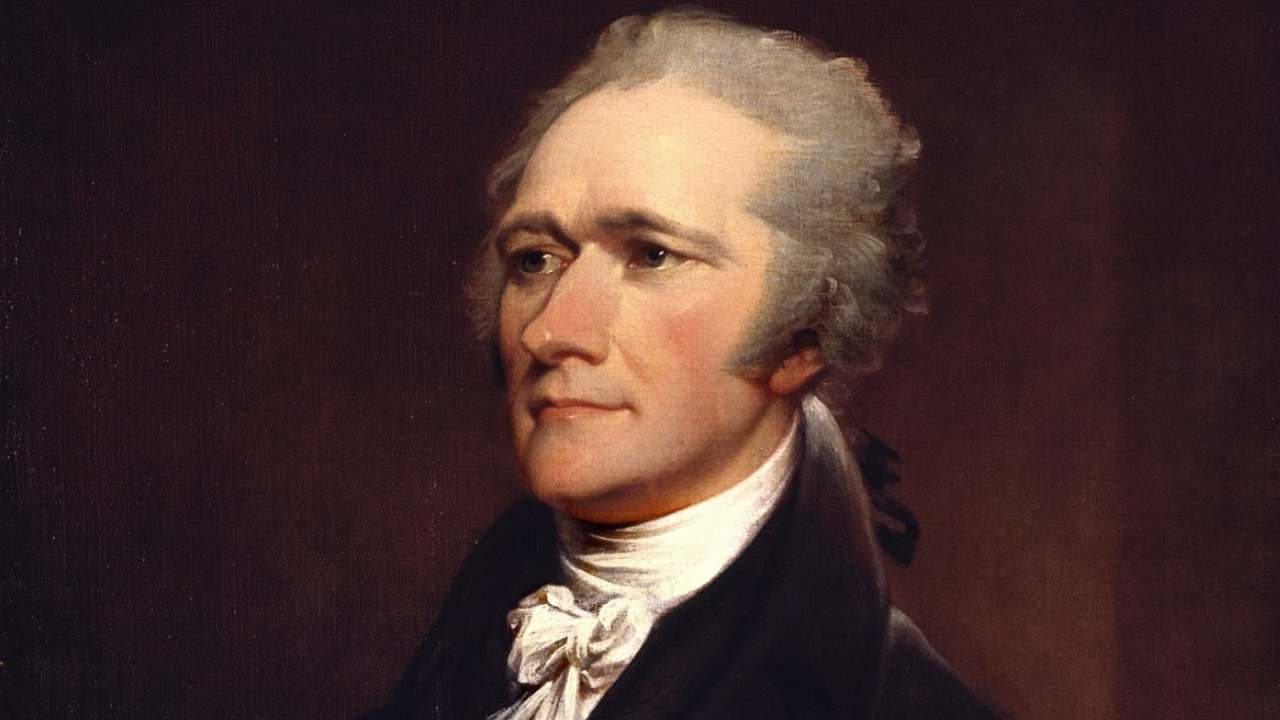Alexander Hamilton, a key figure in the early history of the United States, died on July 12, 1804, as a result of a duel with Vice President Aaron Burr.
The duel was indeed a culmination of their political and personal rivalry, with tensions exacerbated by Hamilton’s actions that Burr perceived as sabotaging his political ambitions.
Hamilton, who was 47 at the time of his death, had been a central figure in shaping the financial foundations of the U.S. as the first Secretary of the Treasury.
William P. Van Ness and Nathaniel Pendleton, who witnessed the duel between Alexander Hamilton and Aaron Burr, described the conduct of both parties as “perfectly proper” and appropriate for the occasion.
This reflects the formal and ritualistic nature of dueling practices at the time, which were meant to uphold personal honor and resolve conflicts according to the customs of the era.
Despite the deadly outcome, their comment emphasizes that the duel adhered to the accepted standards of conduct for such engagements.
Alexander Hamilton, born in the Caribbean and likely in 1755 or 1757, emerged as a pivotal figure in American history.

After relocating to New York City in 1773, Hamilton’s involvement in the American Revolutionary movement grew, and he became a vocal critic of British policies, including the taxation of tea.
His early engagement in politics and his role as a staunch advocate for independence contributed significantly to his later influence as a Founding Father and the first Secretary of the Treasury.
Hamilton largely faded from public memory until the 2015 Tony Award-winning musical “Hamilton” revitalized interest in his life and contributions. The musical highlighted his significant influence and leadership.
Hamilton’s legacy includes his wife, Elizabeth Schuyler, and their seven children, along with the lasting impact of his work in shaping the early United States, even though he never witnessed the full extent of his influence.


